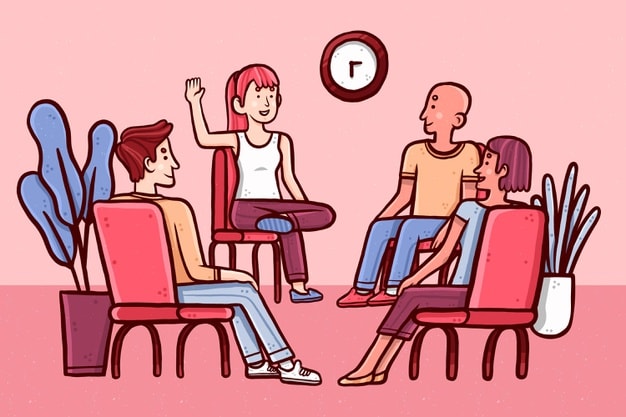"Blog 7: Conflict and Role Taking"
A role is a set of expectations that one assumes.
The concept of 'role-taking' has gained traction in role analysis. Role-taking occurs when a person responds by mentally or imaginatively putting himself in the shoes of another person in order to control his own behaviour. They do it in order to better comprehend the cognitive and emotive components of the other person's perspective and relate to them. It allows for objectivity and reflection, but from the viewpoint of an outsider. This is done just to meet the expectations of others, not necessarily to meet their own. When it comes to "social interaction," which refers to when one initiates a behaviour and others react to it, sociologists invented the term "role-taking."
Role-playing is a natural part of the socialization process or the act of learning new social roles. The concept of role-taking is central to the social self' hypothesis. The child grows into a social person by performing and accepting the roles of others. In role literature, the term self is frequently employed. The term "self" refers to an ego's perception of himself as a person, or how he views himself. According to the prominent sociologist Mead, role-taking is critical throughout two stages in the development of a child's social self: the early 'play' stage and the later 'game' stage.
To begin, the youngster takes on the chores of others, such as his or her mother, father, or teacher, and completes them independently. The older youngster then learns to play multiple characters at the same time in the following level. A youngster, for example, can participate in group projects because he can visualise all of the other members' responsibilities and thus can effectively use collaboration.
The word "role conflict" refers to a person's conflict while role playing. There are two ways that role conflicts might arise:
Conflicts may arise, for example, when an individual's impression of his position differs with his assessment of his actual role behaviour. This is the initial approach. As a result of the fight, his self-assurance and dignity may suffer. In extreme situations, a person may become neurotic.
Second, disagreements can arise within a person's area of influence. A person may notice some overlap in their job needs when playing two or more parts at the same time. Conflicts emerge only when the proponents of opposing viewpoints disagree about the function of the individual in question. A factory worker, for example, may face conflict if his interpretation of his job responsibilities and expectations differs from both his employer and his union leader. Or if a parent is having trouble caring for multiple children at the same time.
In a simple, culturally homogeneous, and largely 'immobile' society, there may be fewer role conflicts. Role conflicts have grown significantly in a very complex and diversified social milieu. As a result, internal and interpersonal tensions have increased.



Comments
Post a Comment